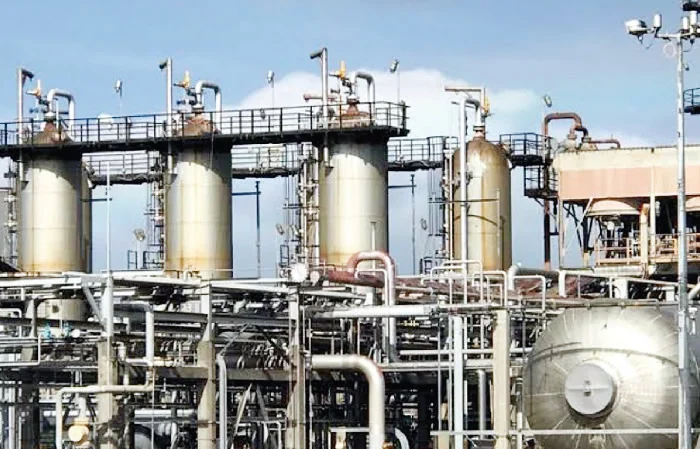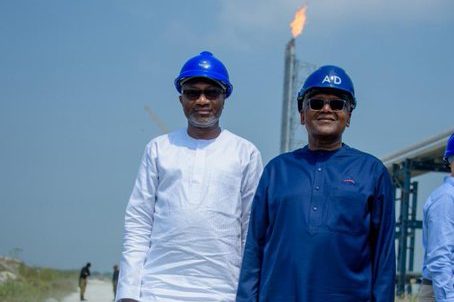Briefing journalists at the end of the meeting, the Minister of Finance, Budget and National Planning, Mrs. Zainab Ahmed, said the approval was sequel to the presentation she jointly made with the Minister of State for Petroleum Resources, Chief Timipre Sylva, which sought the council’s approval for the facility earlier approved by FEC in 2017.
She said the approved sum was a revised lower cost of the facility with 10 per cent discount from the initial sum of $2.89 billion approved in 2017 by FEC.
She said an extensive review of the project had been done and it had been found that the project would have the capacity to repay the loan, adding that the facility will only attract 3.7 per cent interest rate with 12 years repayment period and three years moratorium.The minister explained:“The memorandum was seeking council’s approval for the issuance of a sovereign guarantee to the tune of 85 per cent of the engineering procurement and construction (EPC) contract for the Ajaokuta-Kaduna-Kano project which we call AKK.
“This is not a new contract. It was previously approved by council in 2017 in the sum of $2.89 billion. The memo of today is at a revised cost of $2.571 billion equivalent to a 10 per cent discount of the original sum.
“The previous contract was a contractor financing model.
“The contract that has been approved today is an EPC lump sum contract with the NNPC required to pay 15 per cent of the contract amount while the 85 per cent will be provided by China Shure of China in the form of loan facility with a sovereign guarantee.
“This is a facility that has an interest rate of plus 3.7 per cent with a 12 years repayment period and three years moratorium period.
“We have done an extensive review of this project and we are satisfied that the cash flows from the Ajaokuta-Kaduna-Kano gas pipeline project is sufficient to pay the facility itself.”
Describing the project as one of the cardinal policies of the federal government, she said “it is strategic for national development with a lot of prospects that will be beneficial to the country.”
On other benefits the project, she said it would be environmentally friendly, eradicate gas flaring, and reduce carbon footprint, among other benefits.
“It will also improve the health of the communities of the oil producing areas where gas flaring currently takes place. It will also reduce the carbon footprint and comply with the climate control treaties that Nigeria has committed to.”
“Crude oil production per day is now 2 million barrels and some times, 2.1 million barrels per day production volume is recorded which will cushion the effect of the price fall.”


























Leave a comment